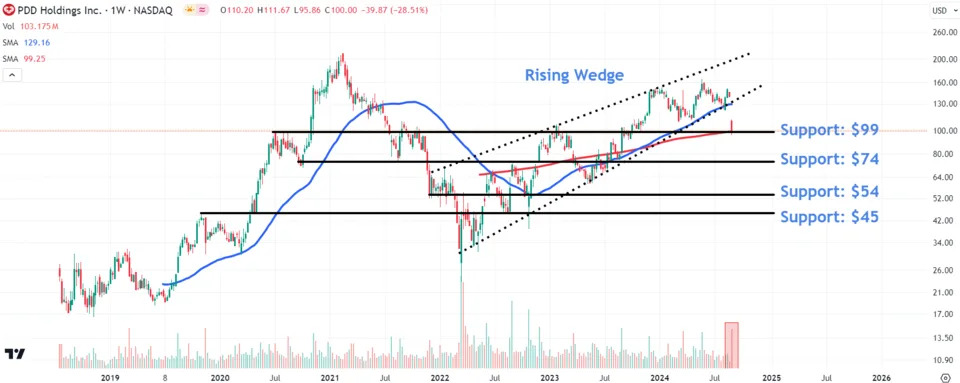By Nicole Jao
NEW YORK (Reuters) -Oil prices edged lower on Friday and posted a weekly decline of more than 3%, pressured by easing concern over supply risks from the Israel-Hezbollah conflict and the prospect of increased supply in 2025 even as OPEC+ is expected to extend output cuts.
Brent crude fell 34 cents, or 0.46%, to settle at $72.94 a barrel. U.S. West Texas Intermediate crude futures fell 72 cents, or 1.05%, to settle at $68, from the last close before Thursday's Thanksgiving holiday.
Trading activity was muted because of the U.S. public holiday.
For the week, Brent declined 3.1% while WTI lost 4.8%.
Four Israeli tanks entered a Lebanese border village, Lebanon's official news agency said on Friday. The ceasefire that took effect on Wednesday has reduced oil's risk premium, sending prices lower, despite accusations of violations by both sides.
However, the Middle East conflict has not disrupted supply, which is expected to be more ample in 2025. The International Energy Agency sees the prospect of more than 1 million barrels per day (bpd) of excess supply, equal to more than 1% of global output.
"The updated snapshot insinuates that next year promises to be looser than the current one and oil prices are to average below the 2024 level," said Tamas Varga of oil broker PVM.
The OPEC+ group comprising the Organization of the Petroleum Exporting Countries and allies including Russia delayed its next policy meeting to Dec. 5 from Dec. 1. OPEC+ is expected to decide on a further extension to production cuts at the meeting.
"Following two postponements, the group has to consider the risk of further price weakness amid the release of currently unwanted barrels, not least because expectations for robust production from non-OPEC+ producers next year could lead to a crude surplus," said Saxo Bank analyst Ole Hansen.
Brent could average $74.53 a barrel in 2025, a Reuters poll of 41 analysts suggests. That marked the seventh consecutive monthly downward revision in the Reuters poll.






